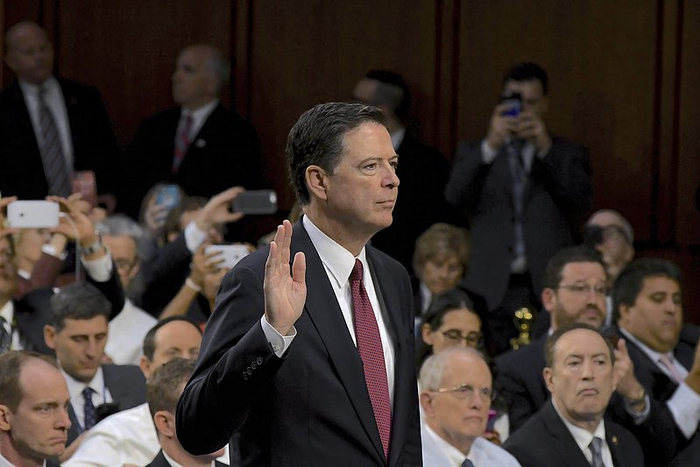A vote-buying scandal has rocked Japan’s pachinko industry, with a major chain, “Derupara,” at the center of the controversy. The company is alleged to have bribed employees to vote for a specific candidate during Japan’s July House of Councillors election.
Following the election, police in multiple prefectures received tips about election violations, all of which pointed to Derupara. The company, which operates 31 pachinko parlors across Tokyo and seven other prefectures, is now under investigation by a joint task force led by the Tokyo Metropolitan Police Department.
Authorities allege that company executives, including the Korean-Japanese president of its Tokyo branch, Masanori Yamamoto (also known as Lee Chang-beom), instructed about 30 store managers to vote for Yasuhisa Abe, the head of the All Japan Amusement Business Cooperative Union Federation. Employees were allegedly promised a cash reward of 3,000 to 4,000 yen in exchange for their votes.
Police estimate that roughly 250 employees participated in the scheme, with senior management demanding photographic proof of their votes. On August 26, six executives, including Yamamoto, were arrested. This could become the largest vote-buying case since the Heisei era (1989-2019), with potential arrests of up to 280 people.
While Yasuhisa Abe, who also serves as the president of a pachinko parlor in Saitama Prefecture, secured approximately 88,000 votes, he ultimately lost the election. Despite the scandal, Abe was one of the 31 candidates for the Liberal Democratic Party in the proportional representation election, where he placed 20th. According to Takamichi Iwai, a Japanese professor emeritus, direct bribery of voters in large-scale national elections is extremely rare.
